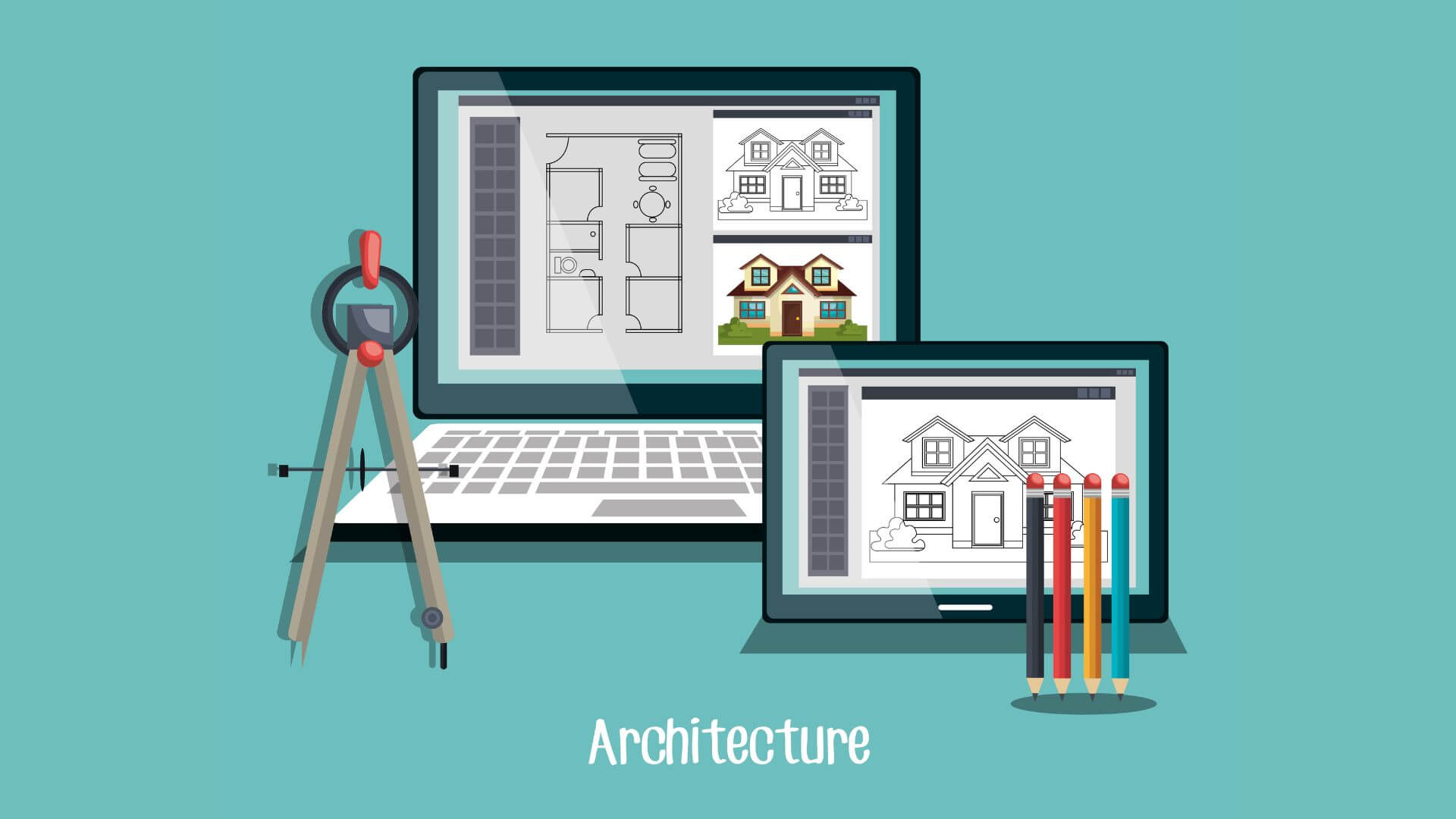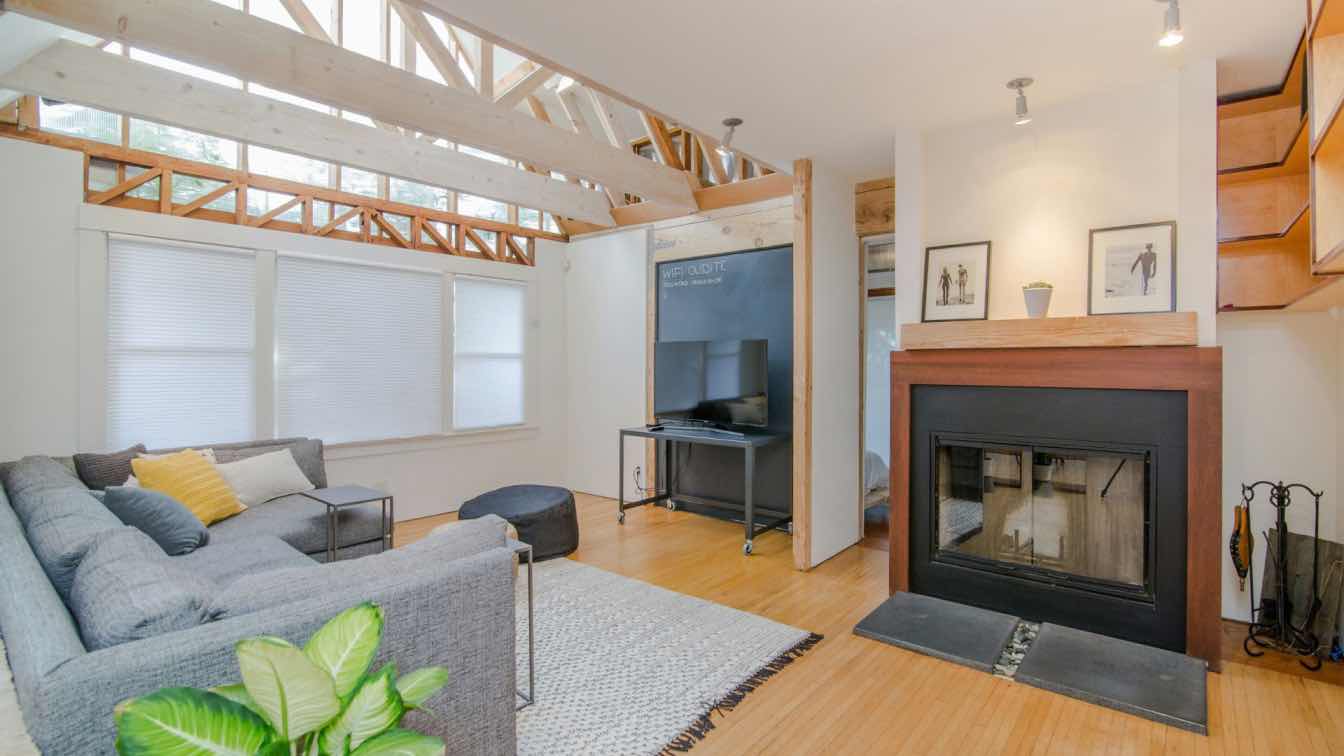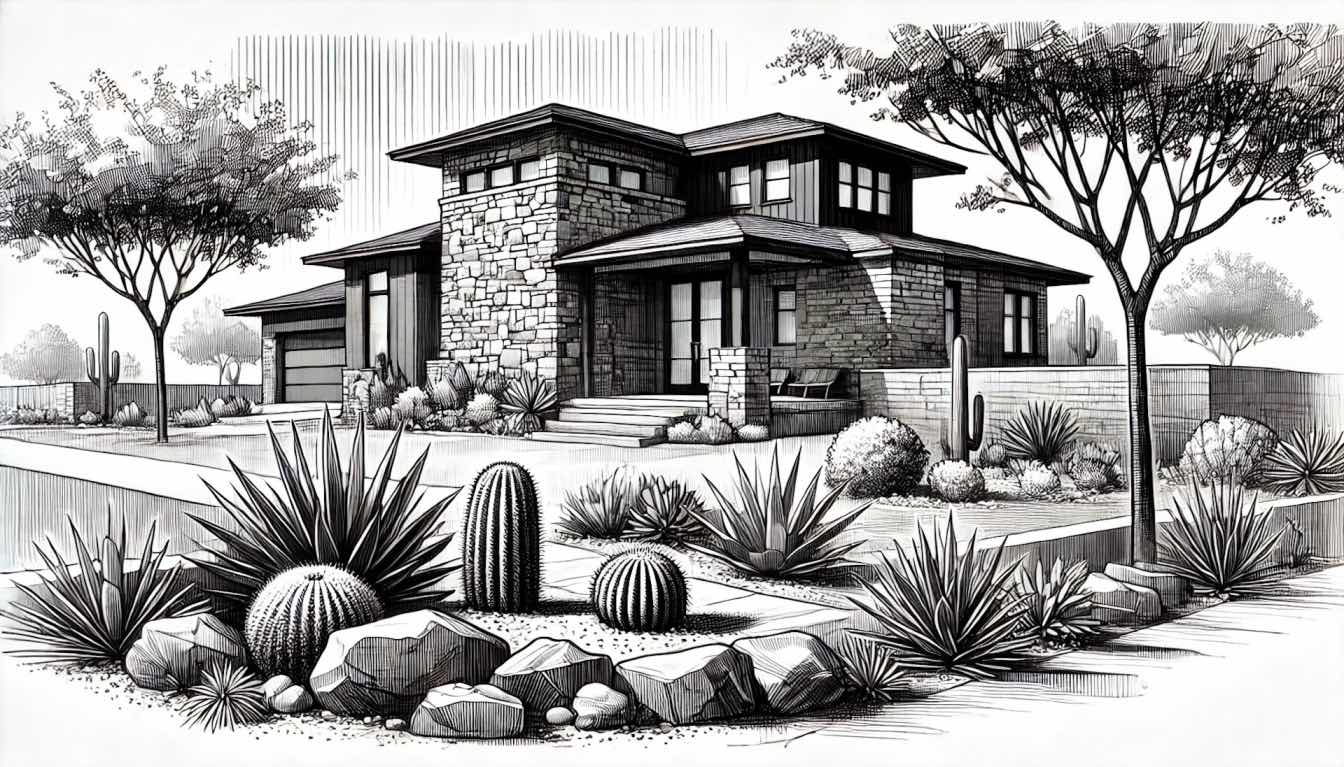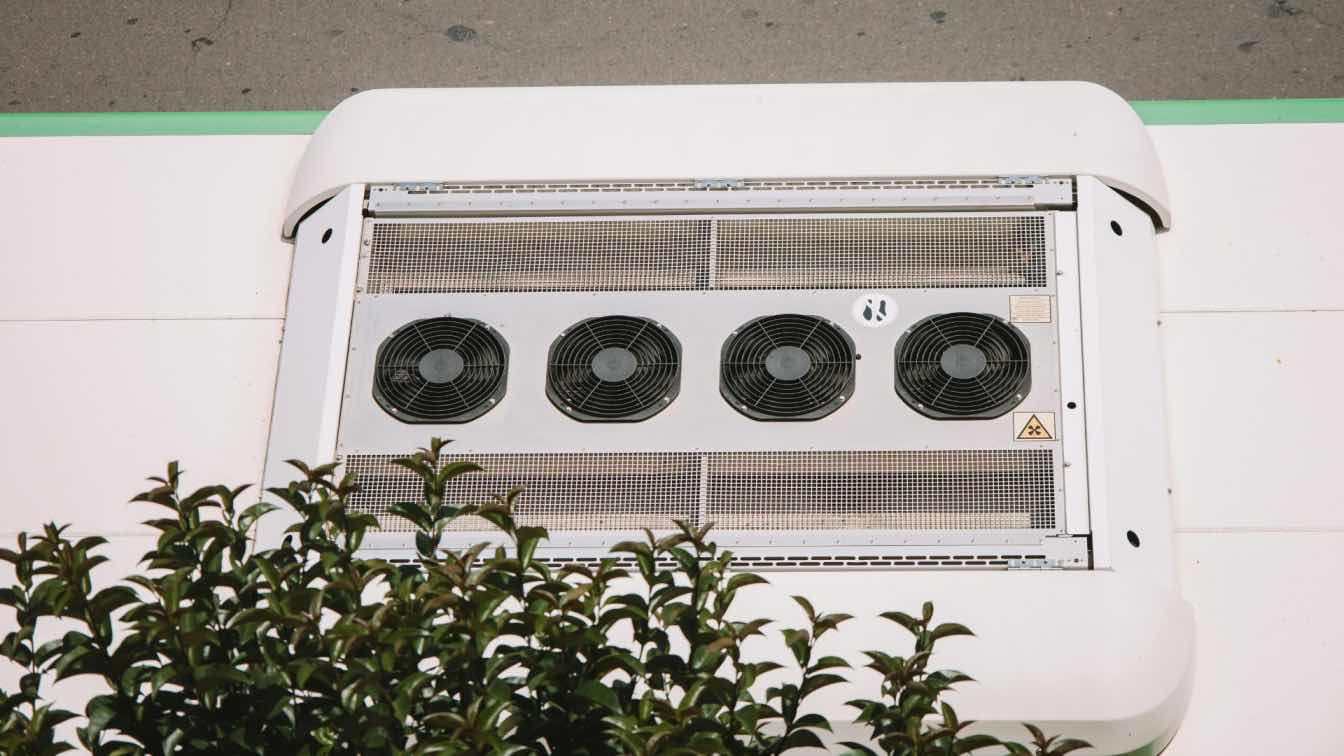As a project manager in the architecture and design sector, your main priority is to protect sensitive data while also meeting stringent deadlines. You need to ensure that everything from designs and blueprints to contracts and invoices is secured against potential threats like cyberattacks or leaks.
Thankfully, there’s an effective way to guard your projects—using virtual private networks (VPNs). In this blog post, we’ll discuss how VPNs can help you keep architectural plans safe from prying eyes so that clients remain confident about their confidential information.
What is a VPN and why is it important for architects
A VPN, or virtual private network, is a secure connection between two networks or devices. It allows users to access the internet privately and securely by encrypting their data and hiding their browsing activity. For architects and businesses in the construction industry, a VPN can be especially important as it enables remote access to sensitive documents and confidential information, which is why it is important to always look for internet providers in my area who allow VPN use. Whether working from home or on a job site, a reliable VPN ensures that their data remains protected from potential cyber threats. With the rise in cyber attacks, investing in a VPN is a smart and necessary step for any business in the industry to take to ensure the safety of their data and information.
How a VPN helps protect architectural plans, designs, and sensitive data
A VPN encrypts all internet traffic to keep your sensitive information, such as architectural plans, hidden from potential eavesdroppers. Not only that, but a VPN is also essential for remote access to work files from anywhere, without worrying about data breaches. So, whether you're drafting schematics from your home office or traveling for business, a VPN is your must-have tool for keeping your designs safe and sound. Additionally, It would be beneficial to get a Virginia IP with a VPN that can allow you to connect to a secure server located virtually anywhere in the world. Trust us, you'll sleep easier at night knowing your sensitive data is protected.
Different types of encryption technology used in VPNs
A data privacy policy is all well and good, and a legal and necessary part of web development. Users of an architectural service may need to store details on your website when using your services. But sometimes a policy isn’t enough when it comes to personal data.
There are multiple options available for the encryption technology used in VPNs. AES 256-bit encryption is one of the most widely used and secure protocols for data protection and is implemented by many top VPNs. Other popular encryption protocols include OpenVPN, IKEv2, IPSec, and L2TP/IPSec. It is important to be aware of the encryption strength offered by a provider before signing up for their service.
Furthermore, some providers offer additional features such as split tunneling and kill switches which help protect your data even further. Finally, make sure that customer service is available in case you encounter any technical issues with your VPN. By taking the time to research and select the right encryption technology and features, you can ensure that your data is safe and secure when transferring architectural plans online.
Benefits of using a VPN
For architects and designers, the protection of sensitive data - such as blueprints, schematics, and other design plans - is paramount. That is where a VPN can be incredibly helpful. By encrypting your internet connection and routing it through a secure server, a VPN can ensure that your confidential information remains safe from prying eyes. And the benefits don't stop there. With a VPN, you can also access geo-restricted content, bypass internet censorship, and protect your online activity from being tracked or monitored. It's a wise investment for anyone looking to safeguard their sensitive data and maintain their online privacy.
How to choose the right VPN provider for your business needs
To select the appropriate VPN provider for architecture business purposes, it is crucial to examine several factors. Firstly, the encryption technology should be up-to-date and secure. Popular options include AES, Blowfish, and IKEv2 protocols. Moreover, some providers offer additional features such as split tunneling and kill switches, which protect your data even further. It is also important to pick a provider that offers good customer service in case you encounter any technical issues.
Finally, consider the cost of the subscription and the available payment plans - some providers offer discounts for yearly plans so it's worth doing your research before committing to a particular provider. With this advice, you can rest assured that you have chosen the best VPN for your business needs.
Tips on how to ensure security
To ensure security, there are various measures you can take. First, use a secure file transfer protocol that encrypts your data. You can also opt for password protection or use a VPN to keep your files safe. Additionally, be cautious of the devices you use to send and receive sensitive data. Avoid using public Wi-Fi networks and ensure that your antivirus software is up-to-date. By taking these precautionary measures, you can send your architectural plans and sensitive data online with peace of mind.
After exploring the internet security needs of architects and businesses in the construction industry, it is obvious that a VPN should be an integral part of their cyber security strategies. So don't hesitate - take action now to protect your architectural plans with a strong virtual private network!





